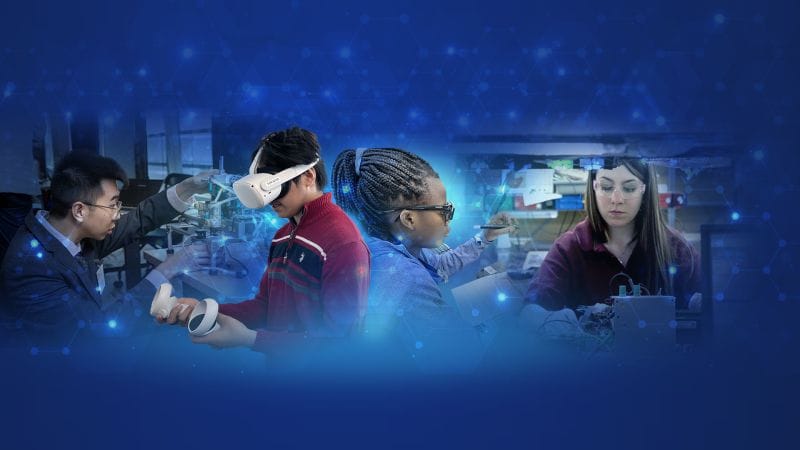RSS feed source: National Science Foundation
The U.S. National Science Foundation today announced two major advancements in America’s AI infrastructure: the launch of the Integrated Data Systems and Services (NSF IDSS) program to build out national-scale data systems and the selection of 10 datasets for integration into the National Artificial Intelligence Research Resource (NAIRR) Pilot.
These efforts directly align with priorities outlined in the White House AI Action Plan, which calls for investments in research infrastructure and datasets to strengthen U.S. leadership in AI research, education and innovation.
NSF IDSS: Building a national integrated data infrastructure
The NSF IDSS program will fund the development and operation of powerful national-scale systems and associated services that allow researchers across the country to access, use and share scientific data — accelerating innovation and strengthening American competitiveness in AI and other sectors.
Currently, there are no dedicated programs at NSF that support operational national-scale data systems. IDSS fills this gap by enabling the deployment of high-impact platforms that serve research and education communities and interoperate with other federal science and data infrastructure efforts.
A robust data infrastructure is also critical to the success of the NSF-led NAIRR Pilot, a key initiative expanding access to AI research resources. As AI transforms sectors from health care and agriculture to energy and national defense, researchers face the challenge of accessing and integrating vast data to power advanced AI systems. Awarded
Click this link to continue reading the article on the source website.



